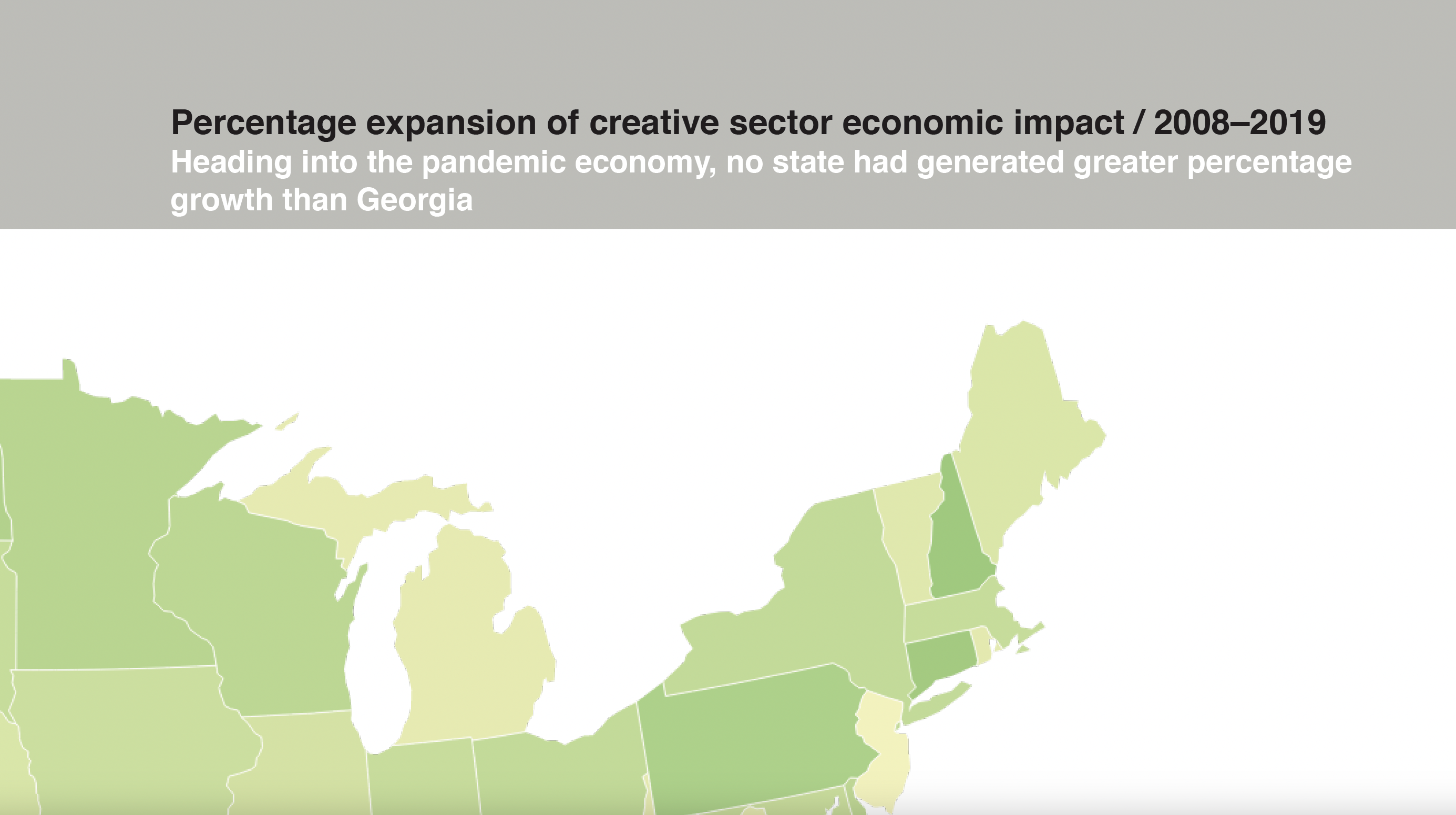Web series have emerged as a transformative force in the entertainment industry, marking a new chapter in digital storytelling. With the rise of streaming platforms and the increasing demand for on-demand content, web series have become the next era of digital entertainment. These series offer unparalleled flexibility, creativity, and accessibility, catering to the ever-evolving preferences of modern audiences. As traditional TV shows face stiff competition, web series have carved out a niche, providing unique narratives and diverse voices that resonate with global viewers.
The digital age has revolutionized the way we consume entertainment, and web series stand at the forefront of this transformation. Unlike conventional TV shows, web series are not constrained by rigid schedules or limited airtime. Instead, they embrace a format that prioritizes viewer convenience, allowing audiences to binge-watch episodes at their own pace. This shift in content delivery has not only empowered creators but has also redefined how stories are told and experienced. As a result, web series have become a powerful medium for showcasing innovative ideas and fresh talent.
Moreover, the appeal of web series lies in their ability to connect with niche audiences and explore diverse themes that were previously overlooked by mainstream media. By leveraging digital platforms, creators can reach a global audience, breaking geographical barriers and fostering inclusivity. This democratization of content creation has paved the way for a new era of digital entertainment, where quality storytelling is accessible to everyone. In this article, we will delve into the reasons why web series are shaping the future of entertainment and how they are redefining the industry.
Read also:Exploring The Vibrant World Of Lyndhurst Tarrytown Events
Table of Contents
- 1. What Makes Web Series the Next Era of Digital Entertainment?
- 2. How Have Web Series Revolutionized Storytelling?
- 3. Why Are Web Series Gaining Popularity Among Viewers?
- 4. Can Web Series Compete With Traditional TV Shows?
- 5. The Role of Streaming Platforms in Promoting Web Series
- 6. Web Series the Next Era of Digital Entertainment: A Platform for Emerging Talent
- 7. What Challenges Do Web Series Creators Face?
- 8. How Do Web Series Impact Cultural Narratives?
- 9. Web Series the Next Era of Digital Entertainment: The Future of Content Creation
- 10. Is the Web Series Industry Here to Stay?
What Makes Web Series the Next Era of Digital Entertainment?
Web series have redefined the boundaries of digital entertainment by offering content that is both flexible and engaging. Unlike traditional TV shows, web series are not bound by strict broadcasting schedules, allowing viewers to enjoy episodes whenever they choose. This flexibility is a key factor in their growing popularity, as it aligns perfectly with the fast-paced lifestyles of today’s audience. Additionally, web series often cater to niche interests, providing a platform for stories that might not find a place in mainstream media. This ability to diversify content and engage with specific audiences is what makes web series the next era of digital entertainment.
How Have Web Series Revolutionized Storytelling?
Web series have transformed the art of storytelling by embracing innovative formats and styles. Creators now have the freedom to experiment with non-linear narratives, interactive elements, and unconventional plots. This creative latitude has resulted in a wide range of content that appeals to diverse demographics. For instance, web series often explore complex themes such as mental health, social issues, and personal growth, offering viewers a more profound connection to the stories being told. By pushing the boundaries of traditional storytelling, web series have set a new standard for digital entertainment.
Why Are Web Series Gaining Popularity Among Viewers?
One of the primary reasons web series are gaining traction is their accessibility. With the proliferation of smartphones and high-speed internet, audiences can access web series from virtually anywhere. Furthermore, the subscription-free nature of many web series makes them an attractive option for viewers looking to enjoy quality content without the financial burden. Additionally, the interactive nature of web series, where viewers can engage with creators and fellow fans through social media, adds a layer of community and connection that traditional TV shows lack. This sense of belonging and interaction is a significant factor in the growing popularity of web series.
Can Web Series Compete With Traditional TV Shows?
The question of whether web series can compete with traditional TV shows is one that has sparked much debate. While traditional TV shows benefit from established networks and extensive marketing budgets, web series have the advantage of agility and adaptability. They can quickly respond to audience feedback and trends, ensuring that their content remains relevant and engaging. Moreover, web series often have lower production costs, allowing creators to take risks and explore unconventional ideas. This flexibility and creativity give web series a competitive edge in the digital entertainment landscape.
The Role of Streaming Platforms in Promoting Web Series
Streaming platforms have played a pivotal role in the rise of web series as the next era of digital entertainment. Platforms like Netflix, Amazon Prime, and Hulu have invested heavily in producing and promoting original web series, recognizing their potential to attract and retain subscribers. These platforms provide a vast audience base, enabling web series to reach a global audience with ease. Furthermore, the algorithms employed by these platforms ensure that web series are recommended to users based on their preferences, increasing their visibility and engagement.
Web Series the Next Era of Digital Entertainment: A Platform for Emerging Talent
Web series have become a breeding ground for emerging talent in the entertainment industry. By providing a platform for new writers, directors, and actors, web series have democratized the process of content creation. Aspiring creators no longer need to rely on traditional networks to showcase their work; instead, they can produce and distribute their content independently. This has led to a surge in innovative and diverse storytelling, as web series allow voices from different backgrounds to be heard. In this way, web series are shaping the next era of digital entertainment by nurturing fresh talent and fostering creativity.
Read also:Unveiling The Magic Of Newgate Mall Theater Utah Your Ultimate Guide
What Challenges Do Web Series Creators Face?
Despite their growing popularity, web series creators face several challenges in the competitive world of digital entertainment. One of the primary hurdles is securing funding for production, as many web series operate on limited budgets. Additionally, creators must navigate the complexities of marketing and promoting their content in a crowded digital space. Another challenge is maintaining consistency in quality and storytelling across episodes, which requires careful planning and execution. Despite these obstacles, many creators continue to push forward, driven by their passion for storytelling and the potential of web series as the next era of digital entertainment.
How Do Web Series Impact Cultural Narratives?
Web series have a profound impact on cultural narratives by offering diverse perspectives and underrepresented voices. Through their storytelling, web series challenge societal norms and stereotypes, encouraging viewers to question and reflect on their beliefs. This ability to influence cultural narratives is a testament to the power of web series as a medium for social change. By highlighting issues such as gender equality, racial justice, and environmental sustainability, web series contribute to shaping a more inclusive and informed society.
Web Series the Next Era of Digital Entertainment: The Future of Content Creation
As technology continues to evolve, the future of web series looks promising. Advances in virtual reality, augmented reality, and artificial intelligence are likely to enhance the viewing experience, making web series even more immersive and engaging. Furthermore, the growing demand for personalized content will drive creators to tailor their web series to meet the specific needs and preferences of their audiences. In this way, web series will continue to redefine the boundaries of digital entertainment, setting the stage for a new era of content creation.
Is the Web Series Industry Here to Stay?
Given their increasing popularity and the numerous advantages they offer, it is evident that web series are here to stay. As more viewers shift their attention from traditional TV shows to digital platforms, web series will continue to grow in prominence. The industry’s ability to adapt to changing trends and technologies ensures its longevity and relevance. Furthermore, the democratization of content creation through web series will continue to empower creators and audiences alike, solidifying their place as the next era of digital entertainment.
In conclusion, web series have revolutionized the entertainment industry, offering a new era of digital entertainment that prioritizes creativity, accessibility, and diversity. By embracing innovative formats and engaging with global audiences, web series are shaping the future of storytelling. As we look ahead, it is clear that web series will continue to play a vital role in the evolution of digital entertainment, providing a platform for fresh voices and groundbreaking ideas.


